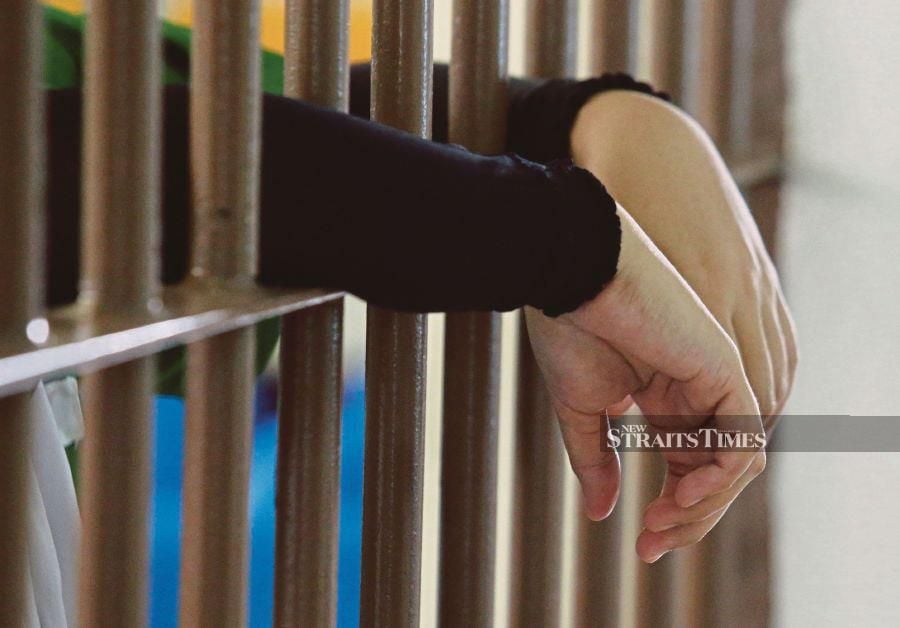SAYING love is punished, but corruption and hatred are not, is being simplistic. But perfectly understandable.
It is a sure way to make people angry about "the injustice". I am referring, of course, to the contrast at least one writer has drawn: a young couple in an Axia gets into trouble for alleged indecency, but politicians and rich people who appear to do wrongful things are swimming in immunity.
Rich and powerful people are free to do as they please. The poor and weak are bound by fear of punishment that does not cease. A writer thought as much some 2,000 years ago.
Asaph said: "This is what the wicked are like — always free of care, they go on amassing wealth."
But does this still hold true in 2023? The millionaire leader is able to live happily ever after with stolen gold bars, but the jobless mother who shoplifts to feed her children is doomed to rot behind iron bars?
The clerk who insults a community goes to jail, but a luminary of leadership who sows hatred goes on to be hailed?
It is tempting to generalise. But it is not helpful. Cherry-pick a story or two and you get the narrative you desire. Like the ones I just mentioned.
Too many headlines and reports lean that way. They are easy on the eyes and emotion. But possess neither nuance nor balance.
The fact is, some solid data would help to make things clearer. They build not on the quicksand of emotion, but on the firmness of reason.
For example, do we know the proportion of B40/M40/T20 folks in prison?
America does. It has done numerous studies on its prison population.
The University of Wisconsin-Madison's Institute for Research on Poverty said in 2020 that "{p}rison populations disproportionately comprise African American and Hispanic men, especially men who dropped out of high school" and that "{m}ost of them are poor".
If we have figures from prisons in Malaysia, perhaps only then can we begin meaningful conversations on whether the not-so-rich (and some would say, the 'weak') have it badly. Are they actually more likely to face the consequences of unlawful actions than the rich and powerful? Are poverty and imprisonment twins; one cannot exist without the other?
Widely available data on prosecutions and convictions for corruption would help too. Or, at least, a study on prosecution subjects according to profession — politicians, doctors, teachers and odd-jobbers.
Data are not divine, but they bring us a foot or two closer to clarity of thought, and a step out of that which is murky with wrath.
This, I believe, will help us understand justice better. Justice as it works in Malaysia.
I am pretty sure the revelations won't be simplistic. That would be perfectly understandable.
The writer is NST production editor






